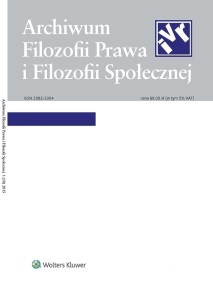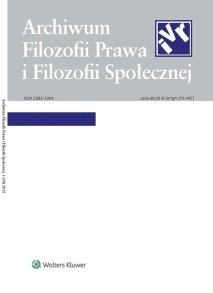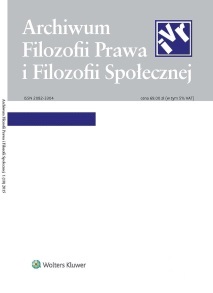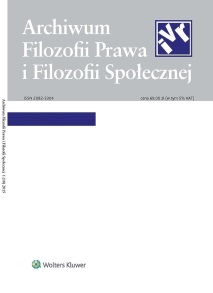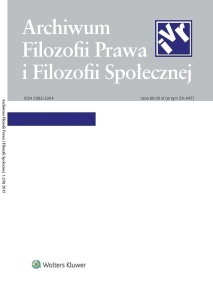
Tradycyjne i nowoczesne koncepcje odpowiedzialności etyczno-zawodowej
The main aim of this paper is to emphasize the changes that took place in late 20th century in the thinking about professional responsibility. Today, mainly under the influence of social sciences, the importance of systemic approaches, such as building the so-called ethical infrastructure, is emphasized. This phenomenon should be seen in the perspective of the growing importance of social responsibility, openness, and transparency in public life. The author argues that in the thinking about professional responsibility there has been a shift from individual, internal, and negative responsibility towards social responsibility, usually expressed in the form of ethical infrastructure. The whole discussion is conducted on three planes: 1) the philosophical one, 2) the sociological one, and 3) that of legal sciences.
More...
